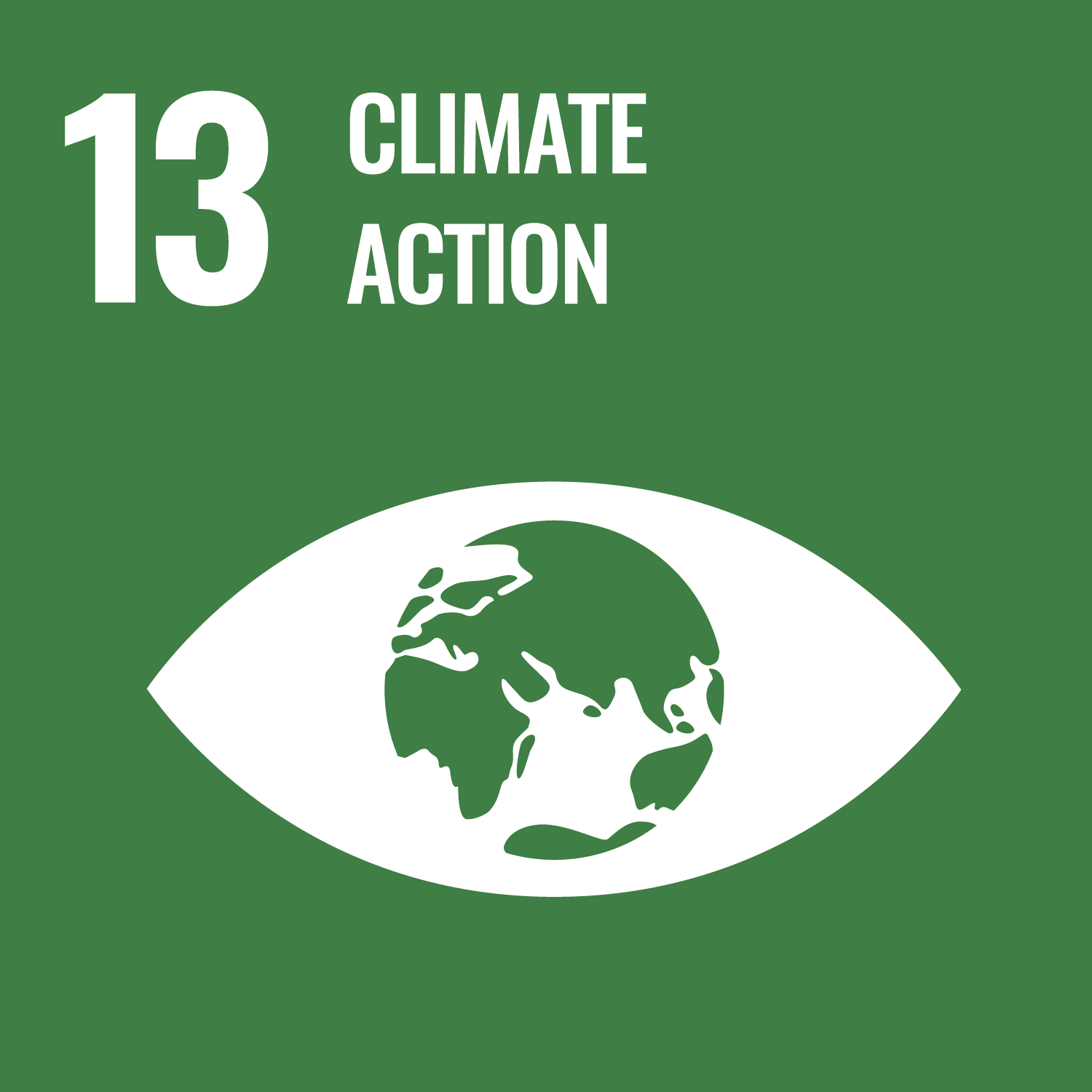Daeninck, C., Kioupi, V. orcid.org/0000-0002-6174-5546 and Vercammen, A. (2023) Climate anxiety, coping strategies and planning for the future in environmental degree students in the UK. Frontiers in Psychology, 14. 1126031. ISSN 1664-1078
Abstract
Introduction: There is increasing recognition of the mental health burden of climate change and the effects on general well-being, even in those who have not (yet) experienced direct impacts. Climate anxiety, which is prominent among young people in particular, describes a state of heightened distress about the (future) effects of climate change. Despite evidence of a link between engagement in climate change issues and heightened climate anxiety, there is a dearth of knowledge on how this affects emerging professionals preparing for careers in the environmental sector. Furthermore, there is a paucity of literature regarding the extent to which young adults are coping with their thoughts and feelings about climate change, and the extent to which they consider climate change in making future plans.
Methods: The aim of this study was to understand the occurrence and personal management of climate anxiety in UK university students through an online questionnaire. This study was the first to investigate the association between climate anxiety, coping strategies and future planning in university students.
Results and discussion:: Environmental degree students (n = 249) reported greater levels of climate anxiety, more frequent employment of all three examined coping strategies and in particular considered climate change as a factor in their career plans, as compared to their non-environmental degree counterparts (n = 224). Problem-focused coping was the most commonly endorsed strategy, although the prior literature on coping suggests that this may not be sustainable for individually intractable problems. Highly climate-anxious students were more likely to consider climate change in all five decision-making domains, including family planning, long-term habitation, career, financial and travel decisions. This study has identified a need to communicate effective climate anxiety coping strategies to environmental practitioners, university students and educators. Additional research is required to validate the study findings and investigate what motivates students to incorporate climate change into future plans.
Metadata
| Item Type: | Article |
|---|---|
| Authors/Creators: |
|
| Copyright, Publisher and Additional Information: | © 2023 Daeninck, Kioupi and Vercammen. This is an open-access article distributed under the terms of the Creative Commons Attribution License (CC BY). The use, distribution or reproduction in other forums is permitted, provided the original author(s) and the copyright owner(s) are credited and that the original publication in this journal is cited, in accordance with accepted academic practice. No use, distribution or reproduction is permitted which does not comply with these terms. |
| Keywords: | climate change, eco-anxiety, environmental education, mental health, well-being, career decision-making, ecopsychology |
| Dates: |
|
| Institution: | The University of Leeds |
| Academic Units: | The University of Leeds > Faculty of Environment (Leeds) > School of Earth and Environment (Leeds) > Sustainability Research Institute (SRI) (Leeds) |
| Depositing User: | Symplectic Publications |
| Date Deposited: | 10 Feb 2025 13:15 |
| Last Modified: | 10 Feb 2025 13:15 |
| Published Version: | https://www.frontiersin.org/journals/psychology/ar... |
| Status: | Published |
| Publisher: | Frontiers Media |
| Identification Number: | 10.3389/fpsyg.2023.1126031 |
| Related URLs: | |
| Sustainable Development Goals: | |
| Open Archives Initiative ID (OAI ID): | oai:eprints.whiterose.ac.uk:223057 |


 CORE (COnnecting REpositories)
CORE (COnnecting REpositories) CORE (COnnecting REpositories)
CORE (COnnecting REpositories)